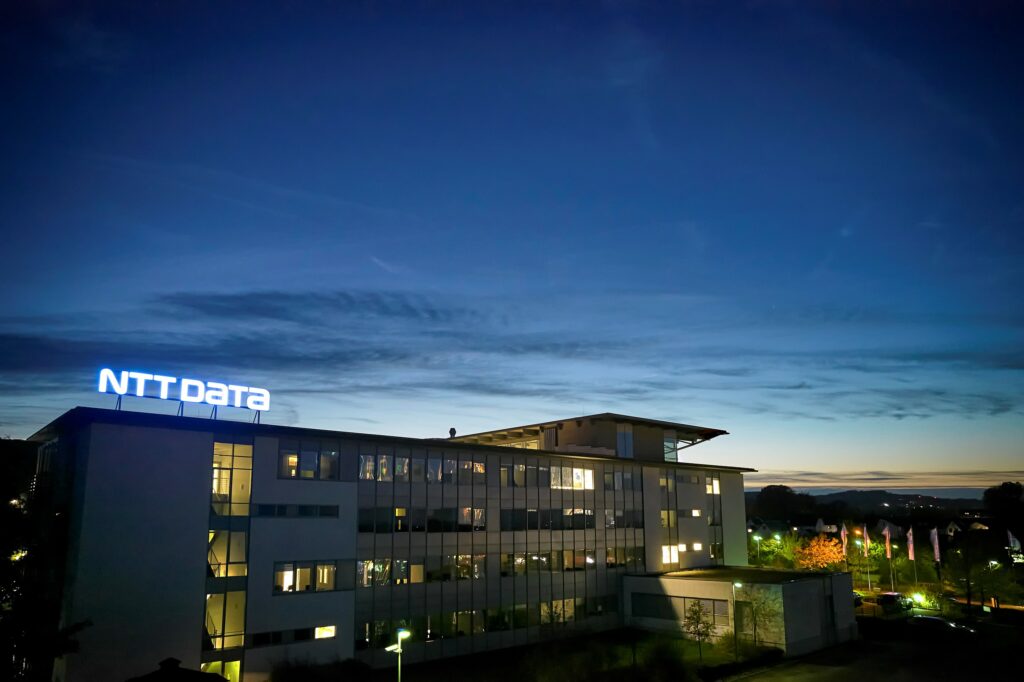The HR technology market is massive. More than $80bn per year is spent on tools to hire, pay, manage, develop and support employees around the world. Our research has identified more than 6,000 vendors that support this mission-critical and complex market.
The first HR mainframe systems were designed for employee administration, payroll, performance management and compliance, and were used by finance, HR managers, and system administrators. Employee services, such as applying for vacation time or benefits were typically handled by dedicated staff. Over time, HR system design evolved to include interfaces for employee use. Individuals could submit their own job applications and vacation requests, track their pay and performance reports, and manage their learning. But these interfaces were often not easy to use, especially by occasional users, and system changes typically required customised development work and support.
Today, employees expect work technology to be as simple, intuitive, and efficient as their personal systems and apps. Companies also recognise that difficult to use, complex systems compromise employee productivity. Hence, the recent emphasis on employee experience and the shift – greatly accelerated by the pandemic – to HR systems designed specifically for employee use anywhere, anytime and on any device.
Today companies have a tapestry of legacy systems, many of which are more than five years old, providing functions such as payroll, employee scheduling, benefits administration, performance management and recruiting. The challenge we face is creating easy to use, workflow-oriented apps for employees in a way that is cost and time efficient and which can still leverage the critical functions performed by these legacy systems.
ServiceNow has emerged to fill this need, making it a juggernaut in the HR tech market. The ServiceNow platform, designed to integrate with almost every back office system, is essentially a toolset to design, configure and implement a wide range of employee experience applications. The platform includes tools to build journeys, survey and listen to employees, capture cases and feedback, and create easy to use employee portals and learning journeys. Unlike legacy systems, it does not force companies to redesign their back-end processes. Additionally, ServiceNow knows how to execute well. This company can build and deploy enterprise software faster than almost any I’ve ever seen.
Introduced late last year, ServiceNow’s Rome release focusses on the creation of workflows and employee journeys and includes a suite of tools for journey design, journey management, learning in the flow of work, surveys and every possible use case for delivery of virtually any kind of service. All of these tools are based on ServiceNow’s ‘citizen developer’ strategy – the intention being to give its customers the ability to quickly design and customise experiences that meet the business and employee needs of the moment.
The Employee Centre, which is built on the ServiceNow tech stack, provides a single, connected interface for employees to find information, request services, and get help across departments -including IT, HR, facilities, procurement and legal. Employees can quickly find what they need in one place. The Employee Centre is also fully integrated with popular collaboration tools such as Microsoft Teams. Customers can also create ‘child sites’ localised and customised for different groups or geographies.
ServiceNow was one of the first vendors to support employee journeys for the moments that matter, such as onboarding, promotions, job transitioning, and leaves of absence. Journeys are often customised for different job roles and geographies, have multiple steps, and often require pre-requisites and management approvals. They may also include various types of informational content, surveys and branching.
ServiceNow offers five feature sets for employee journey management that really stand out to me and are uniquely suited for today’s continually changing business conditions:
• The lifecycle events feature lets customers develop multi-step journeys, integrate various back-end systems, measure progress, and embed all sorts of content and other data.
• The journey accelerator is a toolset for managers (or HR staff) to quickly build their own employee journeys or customise, copy, and share journeys they’ve built. For instance, a sales leader could quickly create a new journey specifically around a soon-to-be-released product.
• Learning posts are panels of learning objects which can be grouped by topic or for specific roles. They can be embedded into journeys and launched, promoted, searched and managed.
• Listening posts let customers create short or long form surveys integrated into journeys.
• Finally, a set of prebuilt applications called EX packs, are designed to be out-of-the-box, customisable journeys. Included are journeys for medical leaves of absence, open enrolment, performance concerns and improvement plans, employee reskilling, HCM implementation planning and alumni experiences.
Remote and hybrid work are among the biggest challenges companies face right now, so ServiceNow has doubled down in these areas. Its solution includes apps for workplace scheduling (finding a desk or office), workplace space management (defining occupancy rates and other diagnostics), and integrations with Outlook for scheduling of conference rooms or other facilities. These are all coupled with ServiceNow’s other safe workplace apps, further enhancing a company’s ability to manage its in-office, hybrid, and distributed workforces.
ServiceNow is a game-changing solution provider. It is a definite threat to many vendors in the space and has the opportunity to compete with established offerings in key areas. For instance, while its learning and listening posts are not as deeply integrated as some specialised solutions, I can see more companies moving learning and listening to ServiceNow.
ServiceNow is a game-changing solution provider. It is a definite threat to many vendors in the space and has the opportunity to compete with established offerings in key areas
For the foreseeable future, the job market will remain hyper competitive, and companies will continue to struggle to hire and retain employees. Building fantastic employee experiences is vital to business success. Whether your employees are white-collar professionals, nurses, truck drivers, or retail workers -they need tools and apps that make work easy, not complex HR and work-related systems that take months to learn. ServiceNow is a company that is very well positioned to grow and prosper in this climate.




